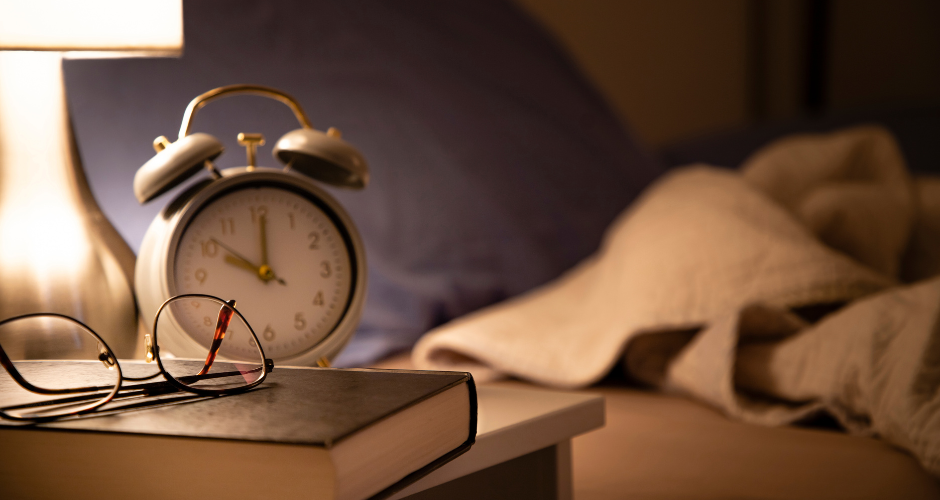Here’s a relaxing bedtime routine you can try, allowing around 60 minutes to wind down:
Wind-down (60-45 minutes before bed):
- Dim the lights: Start by dimming the lights in your house an hour or so before bedtime. This helps suppress the production of melatonin, a hormone that regulates sleep, and signals to your body that it’s time to start winding down.
- Digital Detox: Power down electronic devices like phones, laptops, and tablets at least 30 minutes before bed. The blue light emitted from these screens can interfere with sleep.
- Light reading or listening: Curl up with a book of calming fiction or listen to audiobooks or podcasts with soothing narration.
- Warm bath or shower: Take a warm bath or shower to relax your muscles and prepare your body for sleep. You can add lavender essential oil or Epsom salts for an extra dose of relaxation.
- Light stretches or yoga: Some gentle stretches or yoga poses can help release tension and prepare your body for sleep.
Calming your mind (30-15 minutes before bed):
- Mindfulness or meditation: Spend 10-15 minutes practicing mindfulness meditation or deep breathing exercises. Focus on your breath and let go of any worries or anxieties. There are many guided meditations available online or in apps to help you get started.
- Gratitude journaling: Write down a few things you’re grateful for that day. Focusing on positive thoughts can help quiet your mind and promote relaxation.
- Aromatherapy: Use a diffuser with calming essential oils like lavender, chamomile, or bergamot to create a relaxing atmosphere.
Preparing for sleep (15 minutes before bed):
- Get into sleepwear: Put on comfortable, loose-fitting pajamas that signal to your body it’s time for sleep.
- Set the temperature: Aim for a cool bedroom temperature, ideally between 65 and 72 degrees Fahrenheit.
- Brush your teeth: Brushing your teeth can be a signal to your body that it’s time to wind down for the night.
- Read a few pages: If you still feel wired, read a few pages of a calming book in bed with dimmed bedside lighting.
Once in bed:
- Avoid screens: If you find yourself unable to fall asleep after 20 minutes, avoid looking at screens or getting out of bed. This can further disrupt your sleep cycle.
- Relaxation techniques: Focus on relaxation techniques like deep breathing or progressive muscle relaxation until you drift off to sleep.
Remember, this is just a sample routine, and you can adjust it to fit your preferences. The key is to find activities that help you unwind and signal to your body that it’s time for sleep. Be consistent with your routine as much as possible, and you should find yourself falling asleep faster and sleeping more soundly.

